Choosing the right SEO analytics tool can significantly impact your website's visibility and performance. In 2024, there's a mix of free and paid tools offering a range of functionalities from keyword tracking to comprehensive site audits. Here's a quick overview to help you decide:
- Google Search Console: Free, offers basic insights directly from Google.
- Semrush: Paid, comprehensive for keyword tracking and competitive analysis.
- Ahrefs: Paid, excels in backlink analysis and competitor insights.
- Moz Pro: Paid, user-friendly with a focus on keyword tracking and site health.
- Screaming Frog: Free for limited use, focuses on technical website issues.
- Google Analytics: Free, provides detailed traffic analysis.
Related YouTube Video
Quick Comparison
| Tool | Pricing | Strengths |
|---|---|---|
| Google Search Console | Free | Basic insights, direct from Google |
| Semrush | Starts at $99.95/month | Comprehensive keyword and competitor analysis |
| Ahrefs | Starts at $99/month | Backlink analysis and competitor insights |
| Moz Pro | Starts at $99/month | User-friendly, keyword tracking and site audits |
| Screaming Frog | Free for up to 500 URLs, $139/year for more | Technical website checks |
| Google Analytics | Free | Detailed visitor and traffic analysis |
Before choosing, consider what you need most for your SEO goals, your budget, and how these tools might integrate with your current systems. Trends in SEO tools are leaning towards AI and machine learning for predictive analysis, a greater focus on user experience, and more integration with business intelligence systems.
Understanding SEO Analytics Tools
SEO analytics software is super important for making your website work better, helping it show up more in searches, and figuring out smart ways to get ahead in SEO. These tools give you a clear view of how your site is doing and where you can make things better.
Why SEO Analytics Tools Are Critical
Using an SEO analytics tool is a must because:
- Keep an eye on keywords: You can watch how your site moves up or down in search results for certain words. This helps you connect the dots between what you're doing on your site and how it's ranking.
- Spot problems that hurt your site: Things like slow loading times, missing links, or pages with not much on them can drop your site's rank. SEO tools can find these issues.
- Check if updates help traffic: When you make changes, like adding new keywords or fixing pages, you should see more people visiting your site. Analytics confirm if these changes are working.
- Look at what competitors are doing: Knowing what keywords, links, and traffic your competitors have can help you come up with better strategies.
- Make reporting easier: Reporting by hand takes forever. Automated reports save you time and keep you updated.
Key Features of SEO Analytics Tools
The top analytics SEO software has these features:
- Keyword tracking: They keep an eye on how keywords rank over time and let you know when things change.
- Backlink analysis: They show you new links to your site and what content gets the most links. They also let you peek at your competitors' links.
- Site audits: They check your site for issues like broken links or slow pages that could be hurting your SEO.
- Traffic analytics: They track how many people come to your site from search engines and if it's going up or down.
- Competitive intelligence: They let you see how you stack up against competitors in terms of traffic, rankings, and links.
- Reporting: They send you updates and alerts about your rankings and new links automatically.
Choosing the Right SEO Analytics Platform
Picking the right tool can be tough. Here's what to look for:
- Accuracy of data: Make sure the tool can accurately track keywords, links, and other important stuff.
- Depth of keyword tracking: The more keywords it can track, especially the less common ones, the better.
- Competitive tracking: It should let you keep an eye on a lot of competitors to see what they're up to.
- Site audit capabilities: It needs to be good at finding problems on your site and giving you advice on how to fix them.
- Reporting and alerts: Getting automatic updates and warnings about changes can help you stay on top of things.
- Price and ease of use: It should be worth the money and easy to use without needing a lot of training.
1. Google Search Console
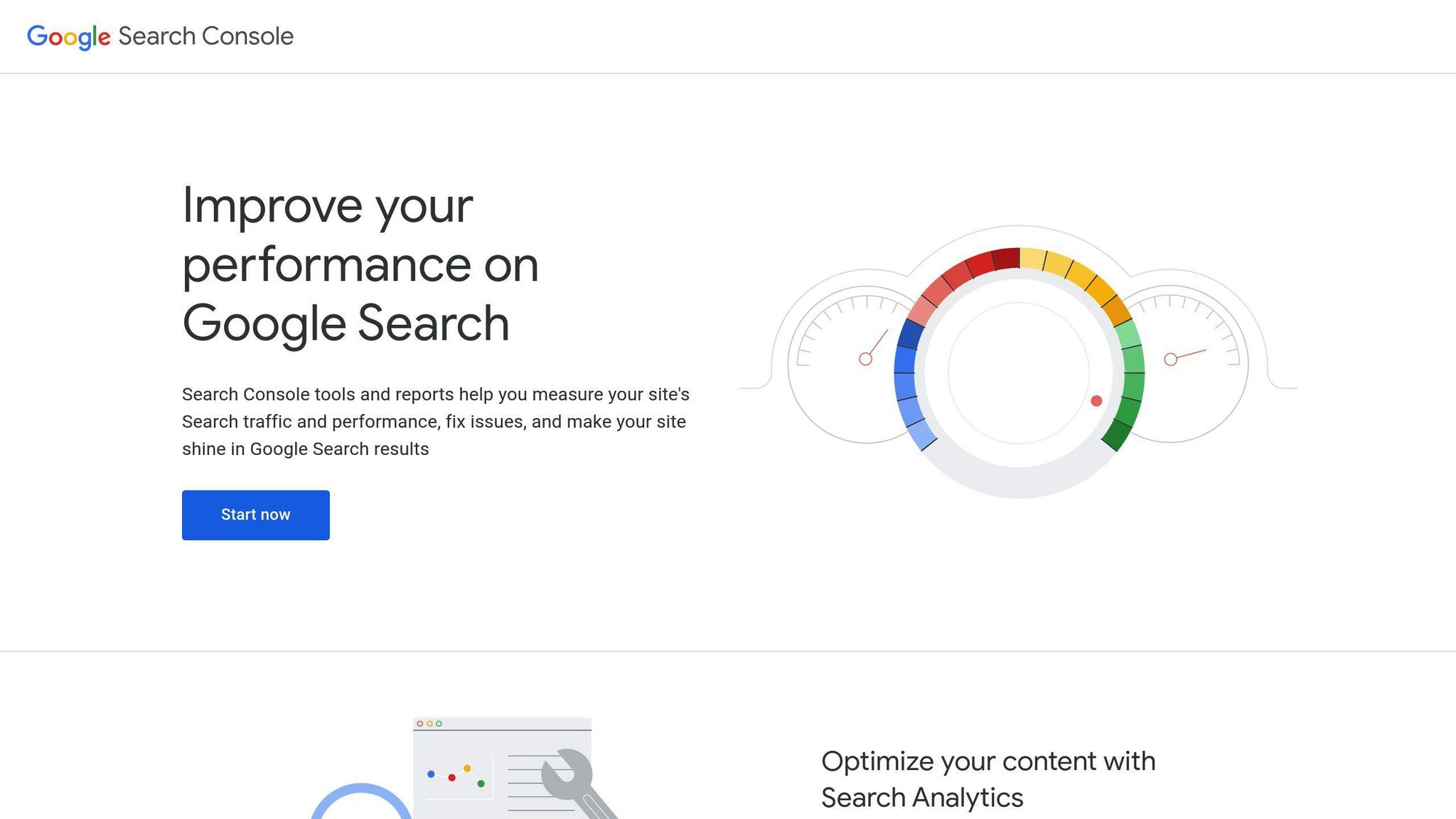
User Interface
Google Search Console has a simple, clean look that's easy to get around. On the left side, there's a menu that lets you go to different parts like reports on how your site's doing, what Google knows about your site, and more. It uses pictures and icons to make the data easy to understand. Even if you're new to this, you'll find it straightforward.
Functionality
This tool is made by Google to help you see how your site shows up in Google searches. You can check things like how many people are clicking on your site, how often it shows up in searches, and where it ranks. It also points out any problems with your site, like security issues or if it's not working well on mobile phones. But, it doesn't let you see how you're doing compared to others.
Data Accuracy
Since the data comes straight from Google, it's really reliable for seeing how your site's doing in Google searches. You can count on the numbers for clicks, how often your site appears in searches, and more.
Integration Capabilities
Google Search Console works well with other Google tools like Analytics. This means you can put together data from organic (natural) and paid searches to get a bigger picture. You can also take reports out of Search Console.
Cost
Google Search Console is totally free. You just need to add your site and prove you own it to start tracking how it's doing in Google searches. There's no paid version, so you get everything without having to pay.
2. Semrush
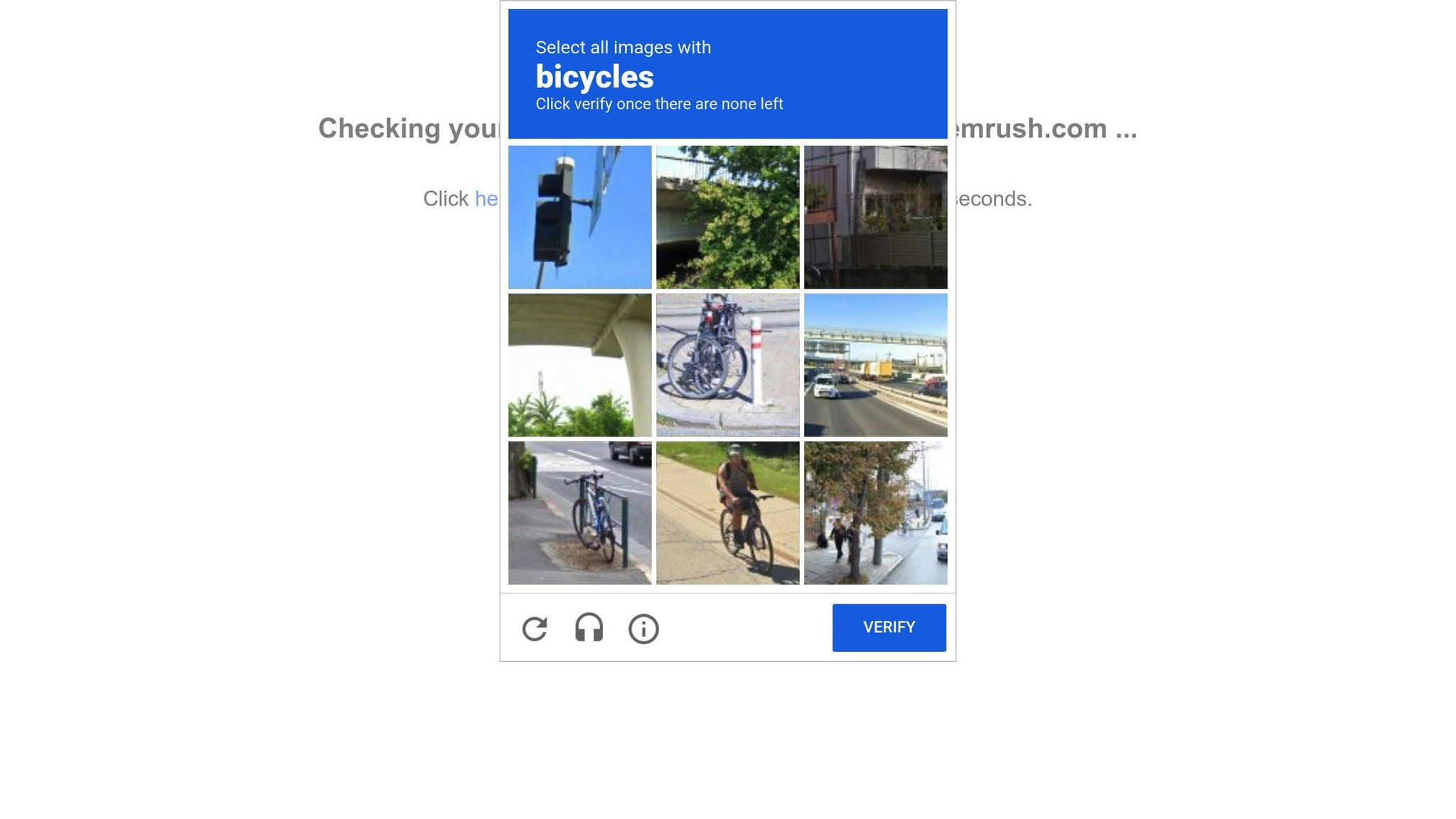
User Interface
Semrush's layout is packed with lots of sections, making it a bit tricky for beginners. But, after you spend some time with it, finding what you need gets easier. You can customize your main page to show the info you check most, like how your site ranks or how much traffic you're getting. The look is pretty basic and heavy on text.
Functionality
Semrush does a lot. It helps you keep track of how you rank on search engines, check out your competition, find and fix issues on your site, and even handle ads. It lets you follow as many keywords as you want and gives detailed info on how you're doing in search results. But, with so much it can do, it might be hard to figure out where to start.
Data Accuracy
Semrush tries to get its info straight from search engines when it can. Its data on where you rank is usually right on point, matching what you see when you search. While it might not catch every backlink, the information it provides is generally reliable.
Integration Capabilities
Semrush works with Zapier, which means it can connect to other tools like Google Analytics, ahrefs, Moz, and more. It also has its own browser add-ons like the Keyword Surfer Chrome extension. For those who are more tech-savvy, Semrush's API lets you use its data in other apps.
Cost
Semrush isn't cheap, with plans starting at $99.95 a month. It's on the pricier side but can be a good investment for bigger websites. They also offer custom pricing for very large operations. If you're unsure, they have a 7-day free trial to see if it's right for you.
3. Ahrefs
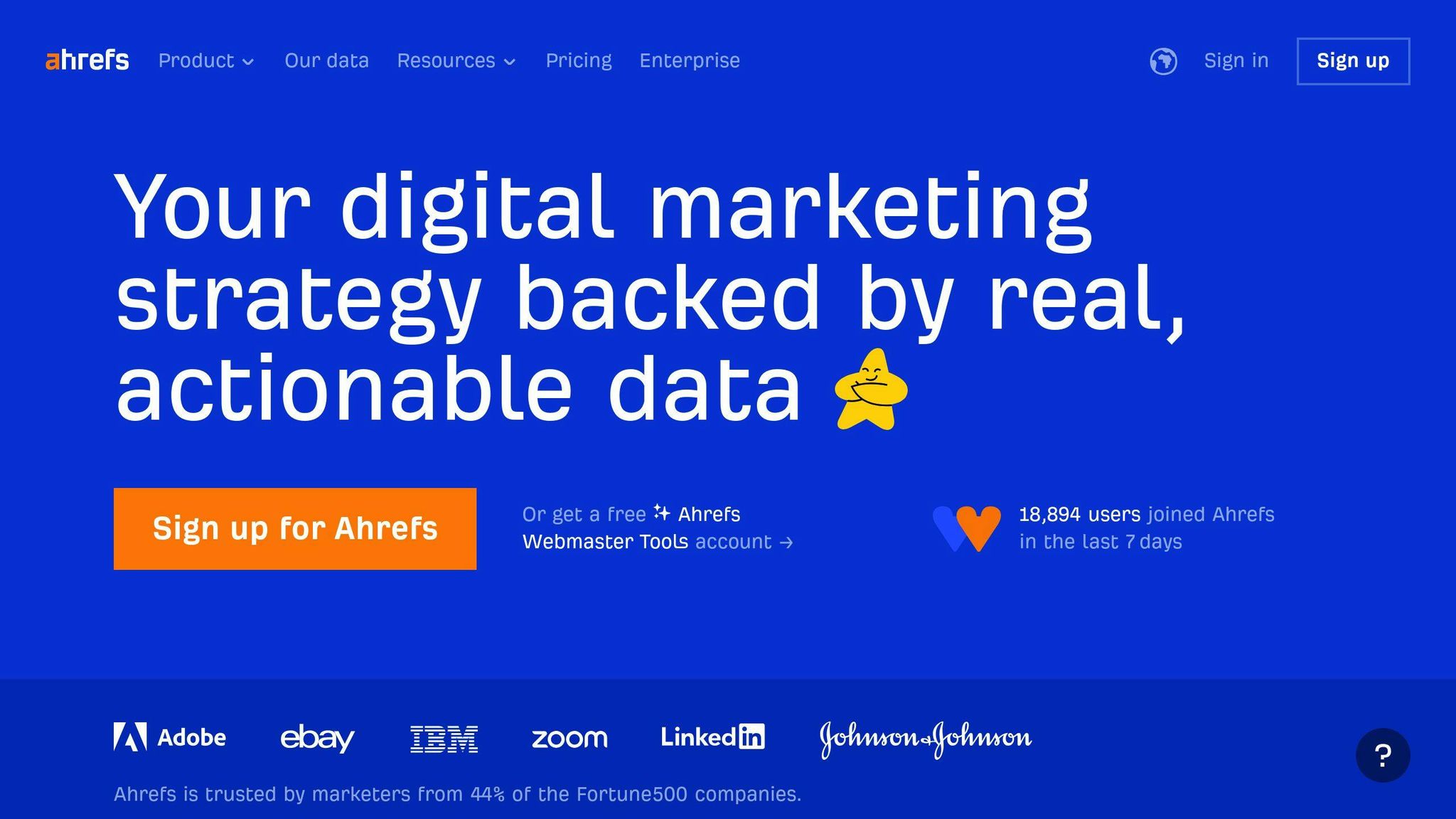
User Interface
Ahrefs looks neat and is pretty easy to use. When you open it up, you see a dashboard that shows you important stuff like who's linking to you, how you're doing in search results, and how many people are visiting your site. You can make this dashboard show exactly what you want by choosing specific reports to keep an eye on. There's also a side menu that helps you quickly find all the different tools. At first, all the information might seem a bit much, but you'll get used to it quickly.
Functionality
Ahrefs is great for figuring out who's linking to you, how you're ranking in search results, and what your competitors are up to. It has a huge amount of data on webpages and backlinks, which means you can really dig deep into details. Here's what you can do:
- Check who's linking to you and your competitors
- Keep track of your search rankings over time
- Find popular webpages and spots where you could improve
- Look for technical problems on your site that might be making it harder for people to find you
Ahrefs is really good at helping you understand how you're doing in Google and other search engines, but it doesn't help much with ads. It's a top choice for looking into competitors and finding ways to get ahead in search results.
Data Accuracy
Ahrefs is known for having really reliable information, especially about who's linking to you and where you rank in searches. They're confident that their data on backlinks is more than 97% accurate. While no tool gets everything right all the time, Ahrefs is trusted for giving solid, useful data.
Integration Capabilities
Ahrefs lets developers connect it with other software through an API. It also plays nice with Google Sheets, Slack, and Zapier, making it easier to use Ahrefs data with other tools you might be using. However, it doesn't automatically work with as many other programs as some other SEO tools do.
Cost
Ahrefs starts at $99 a month, which lets you track up to 10,000 keywords. If you have a small or medium-sized site, the Standard plan at $199 a month might be enough. Bigger sites might need the more expensive Advanced ($399/month) or Enterprise ($999/month) plans. Ahrefs isn't cheap, but it's worth it if you really need to know everything about your site's search performance and backlinks.
4. Moz Pro
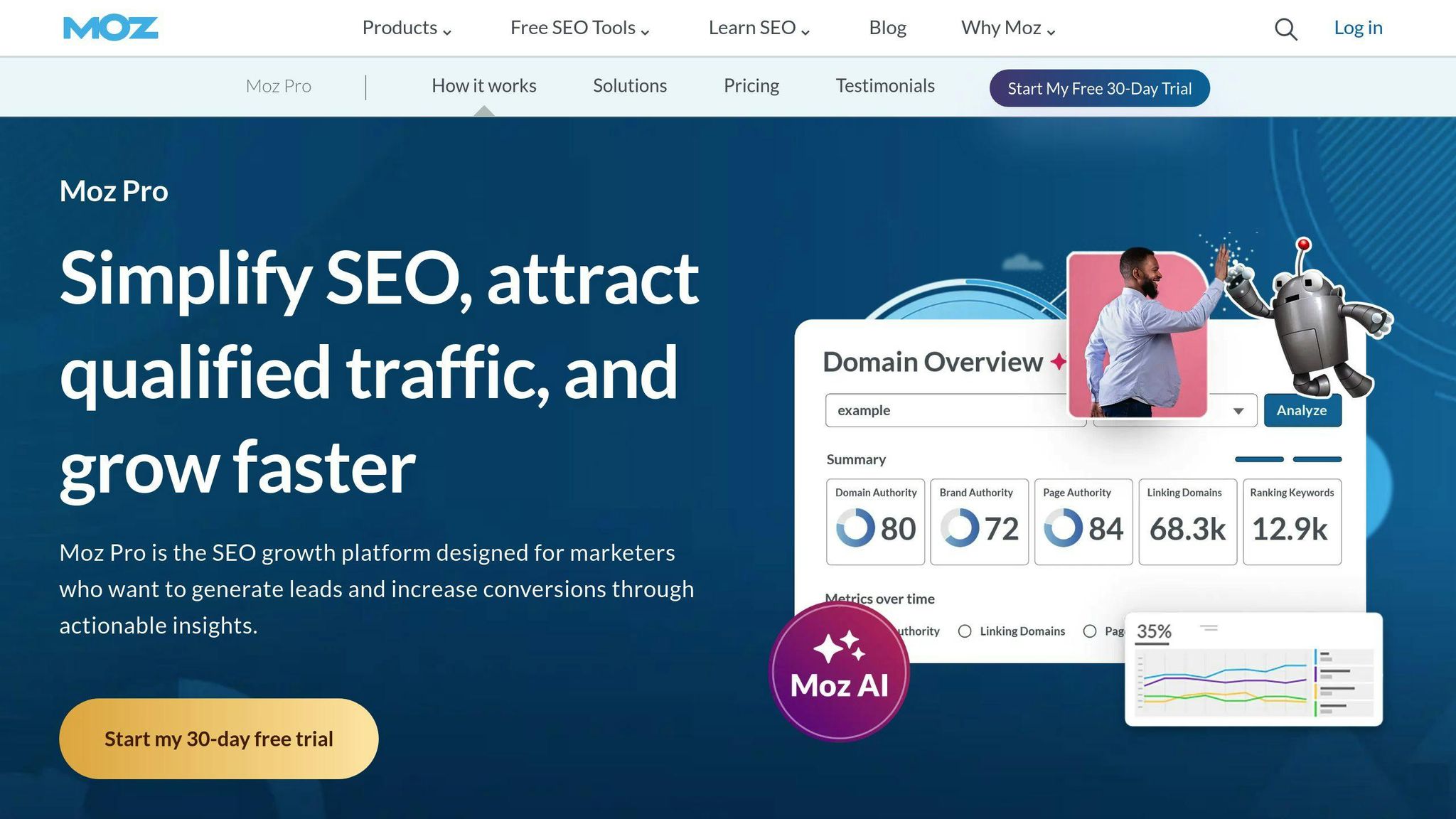
User Interface
Moz Pro's layout is clean and simple to use. There's a sidebar on the left for getting to different parts of the tool, and the main area shows you the important stuff like your site's rankings, links, and any problems it might have. You can change the dashboard to show just what you want. At first, all the info might seem like a lot, but the design helps you handle it.
Functionality
Moz Pro is a tool that does a bunch of SEO stuff all in one place. It helps you keep track of keywords, see how your site ranks, check your site for issues, see how you stack up against competitors, and find opportunities for getting more links. You can follow as many keywords as you want and see how their rankings have changed over time. It also gives tips on how to make your site better. But, it's not as good as some other tools for looking into what competitors are doing.
Data Accuracy
Moz gets its information from its own checks rather than just taking it from other places. This means the rankings and link information it gives are pretty reliable. While no tool gets everything 100% right, Moz is trusted for its accurate data.
Integration Capabilities
Moz works with Google Analytics, Slack, Zapier, and others. It also has an API, which is a way for developers to use Moz data in different apps. This makes it easy to mix Moz with other tools you might be using for SEO or marketing.
Cost
Moz Pro's prices start at $99 a month for the basic plan. For bigger sites that need more features, like seeing rankings history, the more expensive plans at $179 a month or custom pricing might be better. While it's not the cheapest option, it can be worth it if you're really into SEO.
5. Screaming Frog
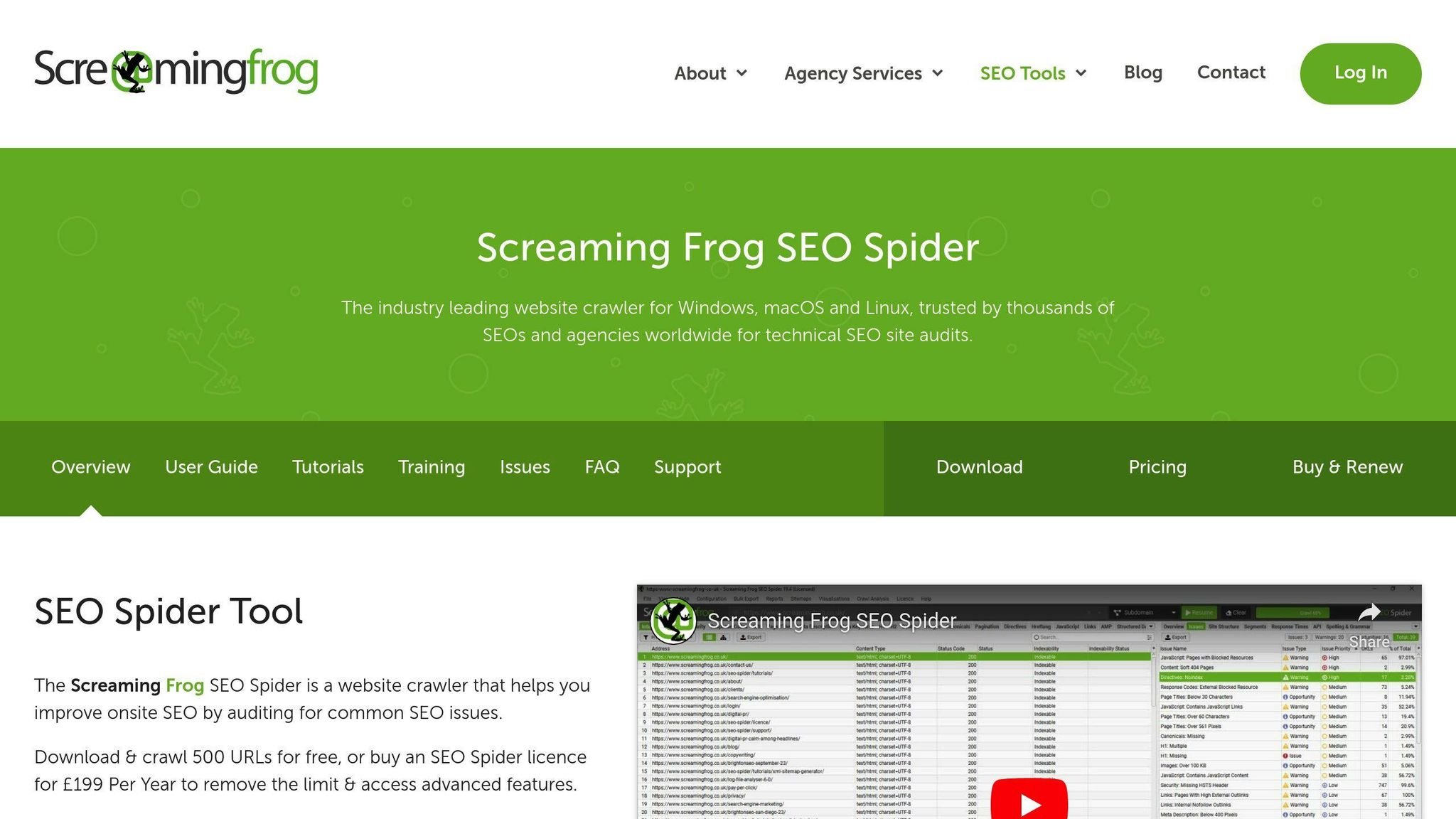
User Interface
Screaming Frog looks pretty basic and might seem old-fashioned. It has a sidebar on the left for the main tools and the bigger part of the screen shows your website's data. At first glance, it might look a bit too much, but once you start using it, it's not hard to find your way around.
Functionality
Screaming Frog is all about checking your website for technical issues. Here's what it does well:
- It can go through your website to find problems like broken links, missing titles, or pages that have the same content.
- It looks closely at things like redirects, images, and codes.
- It can make a map of your website in XML format.
- If you pay, you can also see how it works with Google Analytics.
So, it's mainly for people who want to make sure their website doesn't have technical problems.
Data Accuracy
Because you download Screaming Frog to your computer, it gets information straight from your website. This means it's really good at spotting technical issues accurately.
Integration Capabilities
Screaming Frog lets developers use its data in other ways through API. It can also work with Google Analytics, but only if you pay for it. Compared to other tools that work online, it doesn't connect with as many other services.
Cost
Screaming Frog lets you check up to 500 URLs for free. If you need more, it costs $139 a year. They also offer discounts if you buy more than one license. This makes it a good option for people or small businesses that need to do technical checks on their websites.
6. Google Analytics
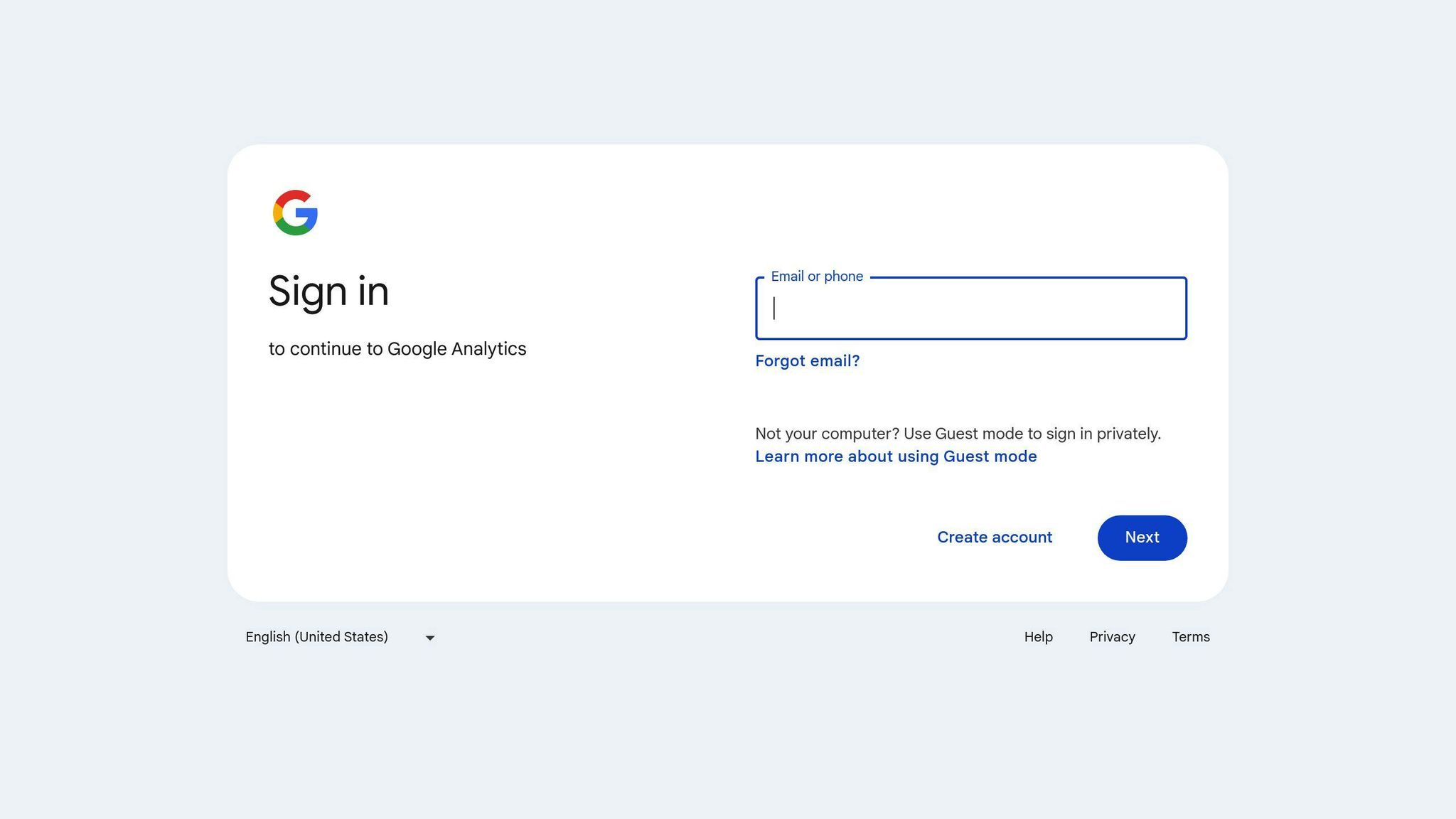
User Interface
Google Analytics has a straightforward look that's easy to move around in. It uses clear boxes and charts to show key info like how many people visit your site, what pages they like best, and where they come from (like social media or direct searches). On the left, there's a menu that helps you jump to different reports. Even if you're new to this, you won't have a hard time finding your way.
Functionality
Google Analytics is all about tracking who visits your website. It looks at:
- The number of visitors
- Where these visitors come from
- The pages they check out
- How long they stay on your site
- The devices and browsers they use
You can also see how different groups (like people using phones vs. computers) use your site. Plus, it connects with Google Ads to show how your ads are helping bring people to your site.
While Google Analytics doesn't directly help with SEO, it gives you useful info about your visitors that you can use along with your SEO data.
Data Accuracy
Google Analytics gets its data straight from your website, making it very reliable. You can trust it to give you the real scoop on things like how many people visit your site.
Integration Capabilities
Google Analytics works well with other Google tools and many third-party tools like Semrush and Moz. There are lots of ways to connect Google Analytics with other marketing and analytics tools, making it super flexible.
Cost
The basic version of Google Analytics is free and covers all the main stuff you'd want to know about your site traffic. There's also a paid version with more features, but the free one is usually enough for most people.
Comparative Analysis of Paid SEO Analytics Tools
Paid SEO analytics tools give you more detailed information and better features than the free ones. Let's look at some of the top paid tools out there:
Semrush
Key Features:
- Lets you track and analyze keywords really well
- Gives you a deep dive into who's linking to your site
- Checks your site for SEO problems
- Offers detailed reports on how you stack up against your competitors
- You can set up custom alerts and reports
Pricing: Starts at $99.95/month
Best For: Bigger websites that need a lot of SEO details
Ahrefs
Key Features:
- Great at tracking and analyzing backlinks
- Shows you how your search rankings have changed over time
- Helps you understand your competitors' backlinks
- Checks your site for SEO issues
- Offers a way for developers to connect it with other software
Pricing: Starts at $99/month
Best For: Getting the scoop on backlinks and SEO history
Moz Pro
Key Features:
- Tracks as many keywords as you want
- Keeps a database of rankings and links
- Helps you optimize your site's pages
- Easy for beginners to use
- Works with Slack and Google Analytics
Pricing: Starts at $99/month
Best For: A simple, all-in-one SEO overview for smaller sites
Surfer SEO
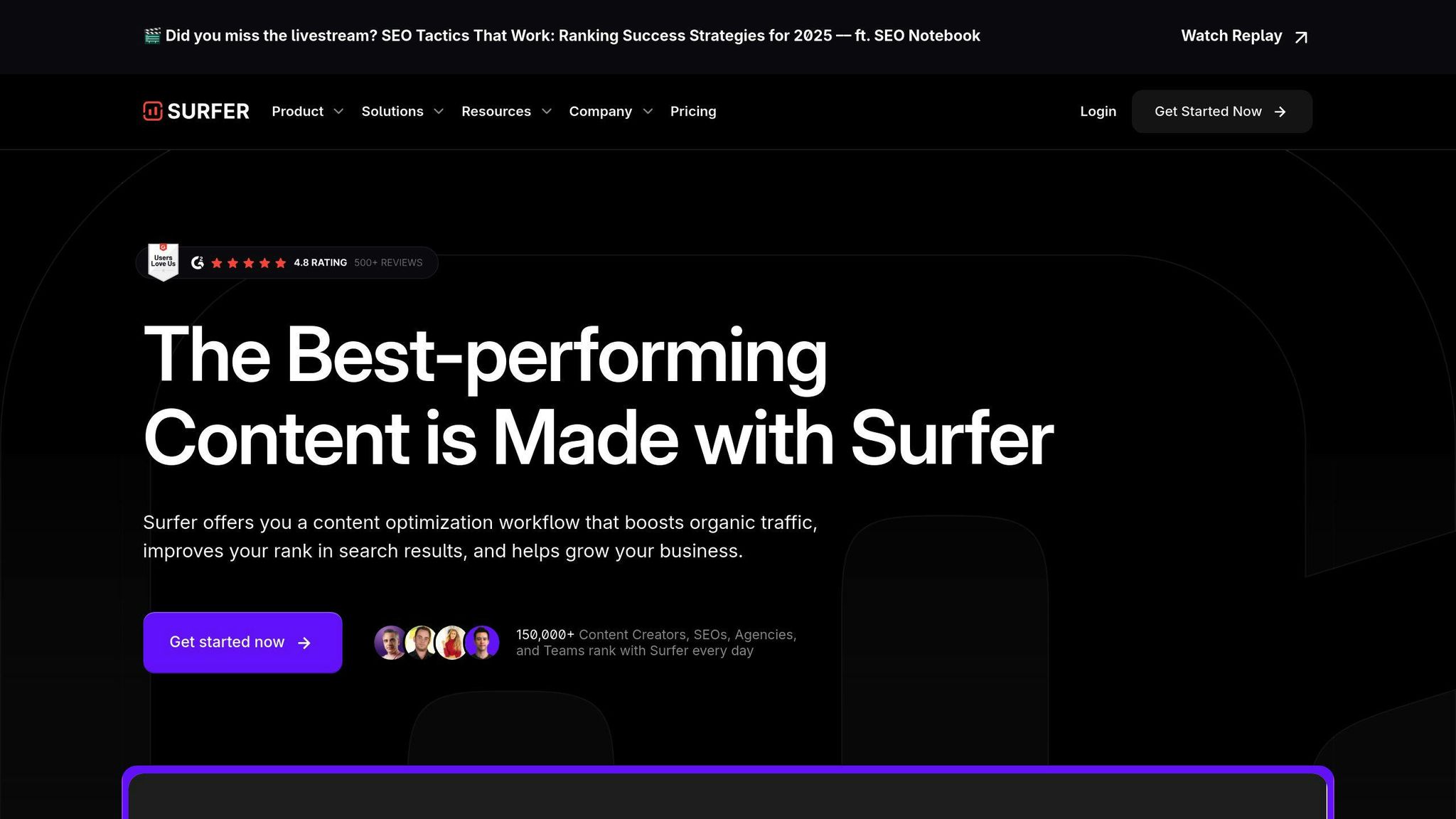
Key Features:
- Uses AI to suggest content ideas
- Automatically checks your site for technical SEO issues
- Keeps track of changes in Google's algorithms
- Lets you customize how you view your rankings
- Makes reports easy to understand
Pricing: Starts at $99/month
Best For: Using AI to make your content better
Pros and Cons
Let's break down the good and bad points of some well-known SEO tools to help you figure out which one might work best for you.
| Tool | Pros | Cons |
|---|---|---|
| Google Search Console | ✔ It's free | |
| ✔ Trustworthy data from Google | ||
| ✔ Reports are easy to read | ❌ Not many features | |
| ❌ You can't see what competitors are doing | ||
| Semrush | ✔ Great for tracking keywords | |
| ✔ Lets you see what competitors are up to | ||
| ✔ You can set up alerts | ❌ It's pricey | |
| ❌ Might be hard for beginners | ||
| Ahrefs | ✔ Good info on links to your site | |
| ✔ Detailed look at competitors | ||
| ✔ Can connect with other software | ❌ Expensive for smaller sites | |
| ❌ Doesn't link up with many other tools | ||
| Moz Pro | ✔ Tracks lots of keywords | |
| ✔ User-friendly | ||
| ✔ Integrates with Google Analytics | ❌ Not the best for checking out competitors | |
| ❌ Can become expensive | ||
| Screaming Frog | ✔ Spot-on website checks | |
| ✔ Good price | ||
| ✔ Can connect with other software | ❌ Only really does site checks | |
| ❌ Looks a bit basic | ||
| Google Analytics | ✔ The free version is powerful | |
| ✔ Reliable info about site visitors | ||
| ✔ Works with many other tools | ❌ Not made just for SEO | |
| ❌ Might be tricky for new users |
Key Takeaways
- Google Search Console and Google Analytics are solid free options, but they're not just for SEO.
- Semrush and Ahrefs offer detailed info and tracking, but they cost a lot.
- Moz Pro is a good middle ground for smaller to medium-sized sites.
- Screaming Frog is best for checking your site's technical health but doesn't cover other SEO basics.
The best tool for you depends on how much you can spend, how big your site is, and what you need help with. Think about which positives you value most and which negatives you could live without. Sometimes, using a couple of different tools together can give you everything you need.
sbb-itb-b8bc310
Key Considerations When Choosing SEO Analytics Tools
Choosing the right SEO analytics tool can feel like a big task because there are so many out there. But if you remember these key points, it can make your decision a lot easier:
Matching Features to Business Goals
First up, think about what you really need from an SEO tool. What's your main goal? Is it to keep an eye on your website's ranking, check for technical issues, keep track of keywords, or something else? Make a list of the features you can't do without. Different tools are good at different things, so knowing what you need helps you pick the right one.
For instance, if you want to see how you're doing compared to your competitors, pick a tool that's great at tracking their rankings and backlinks. If checking your website for errors is more your focus, go for a tool that's strong in site audits.
Budget and Potential for Scalability
Next, think about how much you can spend and what you might need in the future. SEO tools can be free or cost a lot, depending on what you need them for. Think about how big your site is and how many keywords you want to track, as these can affect the price.
Also, consider if you might need more from your tool down the line. Some tools let you upgrade easily, while others might require you to switch to a different service. Knowing about pricing and how easy it is to move up to a more powerful plan can save you money and hassle in the long run.
Ease of Use and Data Accuracy
The tool should be easy to use and understand without needing a lot of training. If it seems too complicated, you might not get much out of it.
Also, make sure the tool gives you accurate information. Good decisions need good data, so check out reviews to see if the tool is known for being reliable.
Integration and Support Capabilities
If you're already using other tools for marketing or analytics, look for an SEO tool that works well with them. This makes it easier to share data between tools.
Good customer support is also important. Having someone to help when you have questions makes sure you're using the tool to its full potential. Thinking about how well the tool fits with others and the kind of help you can get can make a big difference in how useful it is.
Trends in SEO Analytics Tools
SEO analytics tools are changing quickly to give us even better ways to understand and improve our websites. Here's a look at some new trends that are making these tools more useful:
AI and Machine Learning for Predictive Analysis
Now, more tools are using artificial intelligence (AI) and machine learning to guess what might happen in the future. They can predict:
- How your search rankings might change in the coming months
- The impact of making certain changes to your website on your visitor numbers
- Which topics are likely to get a lot of links
This means you can make smarter plans for your SEO work.
Expanded Focus on User Experience
There's more attention on how the experience of using your site affects its rankings. New tools can spot problems that might stop visitors from sticking around or buying something. They can:
- Show you where people are leaving your site
- Check if your site is easy for everyone to use, following the latest web standards
- Give better advice on making your site faster and more user-friendly
Improving the user experience can help your site get seen by more people.
Integration With Business Intelligence Systems
SEO tools aren't just standing alone anymore. They're being connected with other marketing tools and business systems. This allows:
- One place to see SEO and other important business numbers
- Using SEO data to help make decisions in other parts of your business
- Easier sharing of information between SEO tools and other marketing software
When SEO tools talk to other systems, it opens up new ways to use the information they provide.
As SEO tools get smarter and more connected, they're becoming a bigger part of how businesses make decisions and plan their strategies.
Appendix: List of Tools Mentioned
Here's a clear list of the SEO analytics tools we talked about in this article:
Free Tools
- Google Search Console: This tool shows you how your website is doing in Google searches. It gives you reports on things like how many times your site shows up in searches and which pages are most popular.
- Semrush: Has a free version that lets you keep an eye on a few keywords and backlinks. If you want more features, you need to pay.
- Google Analytics: Tells you about who's visiting your site and how they found it. Works well with other Google tools.
- Screaming Frog: Looks for common website problems, like broken links or pages with the same content. The free version is limited to checking 500 web pages.
Paid Tools
- Semrush: The paid version starts at $99.95 a month. It's great for detailed tracking of keywords, checking your website for issues, studying backlinks, and seeing what your competitors are doing.
- Ahrefs: Costs at least $99 a month. It's really good for getting accurate information on who's linking to your site. It also helps with tracking keywords and checking your site for issues.
- Moz Pro: Also starts at $99 a month. It's an easy-to-use tool that does a lot, like tracking how well your site is doing, looking at links, and making sure your site is healthy.
- Surfer SEO: Begins at $99 a month. Uses smart tech to suggest what to write about and to give tips on fixing technical issues with your site.
- Rank Ranger: Pricing starts at $99 a month. It focuses on keeping track of how well your keywords are doing across different search engines.
- SE Ranking: Also starts at $99 a month. It keeps an eye on your rankings and gives you insight into what keywords your competitors are using.
- SISTRIX: Charges €99 a month to start. It keeps track of how visible your site is on Google and other search engines and looks for technical problems on your site.
- SEOquake: This is a browser plugin that costs €89 a year. It lets you quickly check a site's details, like links and metadata, right from your browser.
- RankIQ: Begins at $99 a month. It tracks how well your site ranks organically and can do website check-ups. Works with Slack and Google Analytics.
- Botify: Starts at $600 a month. It's best for big websites that need detailed checks on how the site is built and how search engines see it.
Related Questions
What is the best SEO analytics software?
When people ask for the top tools for SEO in 2024, here are some favorites:
- Ahrefs: Great for checking who links to you, watching your site's ranking, finding new content ideas, and seeing what competitors are up to. It gives you a lot of detailed info.
- KWFinder: Good for those on a budget. It's simple and great for finding keywords and tracking rankings.
- WooRank: Easy for beginners. It checks your site's SEO and gives tips for improvement.
- Semrush: Has a lot of features but might be hard for new users. It's great for deep dives into SEO data.
- BrightLocal: Focuses on local SEO like Google My Business listings and reviews.
- AnswerThePublic: Good for finding less obvious keywords without spending a lot.
- Google Search Console: A free tool to help fix site issues on Google and monitor how your site's doing.
How to get premium SEO tools for free?
Here are some ways to use premium SEO tools without paying:
- Try the free versions that many tools offer for a week or two
- Use a student email to get free access
- Check if your library provides access to these tools
- Watch for giveaways from SEO experts
- Go to SEO events where you might get free access
- Look out for special deals and offers
These methods let you try out tools without full access to all features.
Is there a free SEO checker?
Yes, there are free tools like Seobility and Website.com that check your site's SEO. They look at your site and tell you what's good and what needs work. But, they don't give as much detail as paid tools.
Does Google have a free SEO tool?
Google offers several useful free tools for SEO:
- Google Search Console: Helps fix site problems, checks if Google can find your site, and shows your search performance.
- Google Analytics: Lets you see how people find and use your site.
- Google Lighthouse: Checks how fast your site loads and other technical stuff.
- Google Keyword Planner: Gives ideas for keywords and shows how many people are searching for them.
- Rich Results Test: Checks if your site can show up as special results with extra info.
These tools are great for getting insights directly from Google, but they might not go as deep as some other tools.


